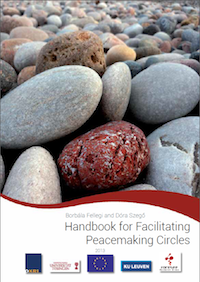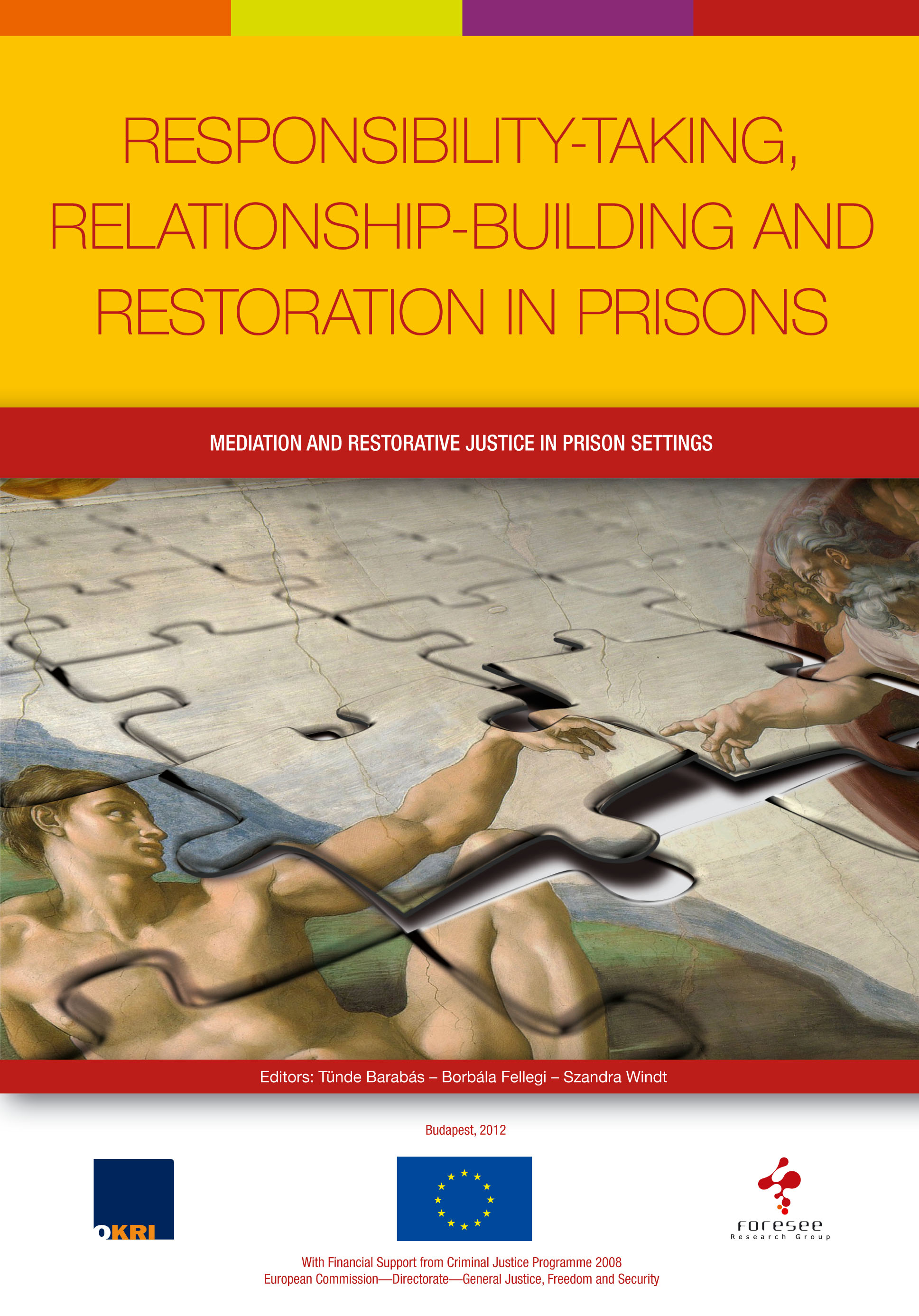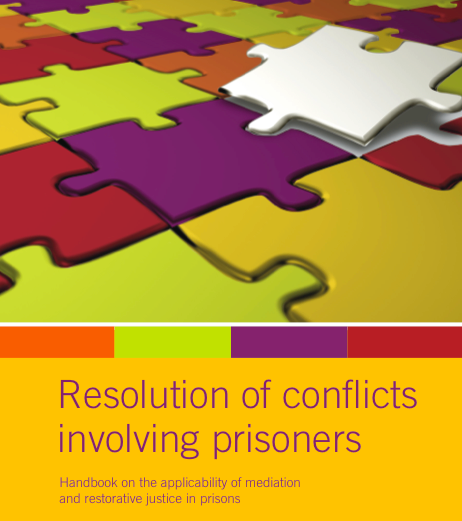What does conflict management and resolution mean to me?
Let me answer this with a short story. I realised how good the restorative techniques are, while I was working with a mixed group of children (roma and non-roma) aging 8-16. They were living in the same village, attended the same school but they never talked to each other due to their prejudices resulting from their backgrounds. For the group-works and games we brought toys along that we left there from one week to another. Every time a different child was responsible so that the group would collect these tools and bring them for next week. One time a toy disappeared. Of course labelling and accusation immediately started within the group.
We facilitated a circle discussion where the children pointed out why it is a problem that the toy is missing: “now they think that we did it” – said one of the roma boys, “we can’t play with it and we wanted to try it out as well, we don’t have money for these kind of toys”, etc. The children talked about their feelings and thoughts openly and also shared why they think it is bad that someone took this toy. We agreed that if that someone who took it, will bring it back the next time, there will be no consequences; he/she can remain the member of the group and doesn’t even have to take the responsibility by putting it back to the other toys.
The next time one of the boys stood up and apologised to us and to the group. He said that he took the toy and he didn’t intend to bring it back but he thought about what the others have said and he felt good that he didn’t have to defend himself, he was not accused. He never felt like this before and he offered as a remedy that he is willing to help to pack after the group. After this group-work a lot of kids stayed and helped to pack and there were some who praised the boy for his action. It was an instructive moment.
Children are the real “sculptors” who can form the communication within their family and they are the foundations of our future. It is up to us how they will live as an adult that is why it is important to improve the communication with them and among them. This was the moment when I decided that I want to have this communication and these techniques as an everyday routine in my life and in my work as well. I raise my daughter along these lines and it is interesting to see how she is forming the people and the children around her and how she treats everyday conflicts even though she is only three years old. She is our little mediator.













